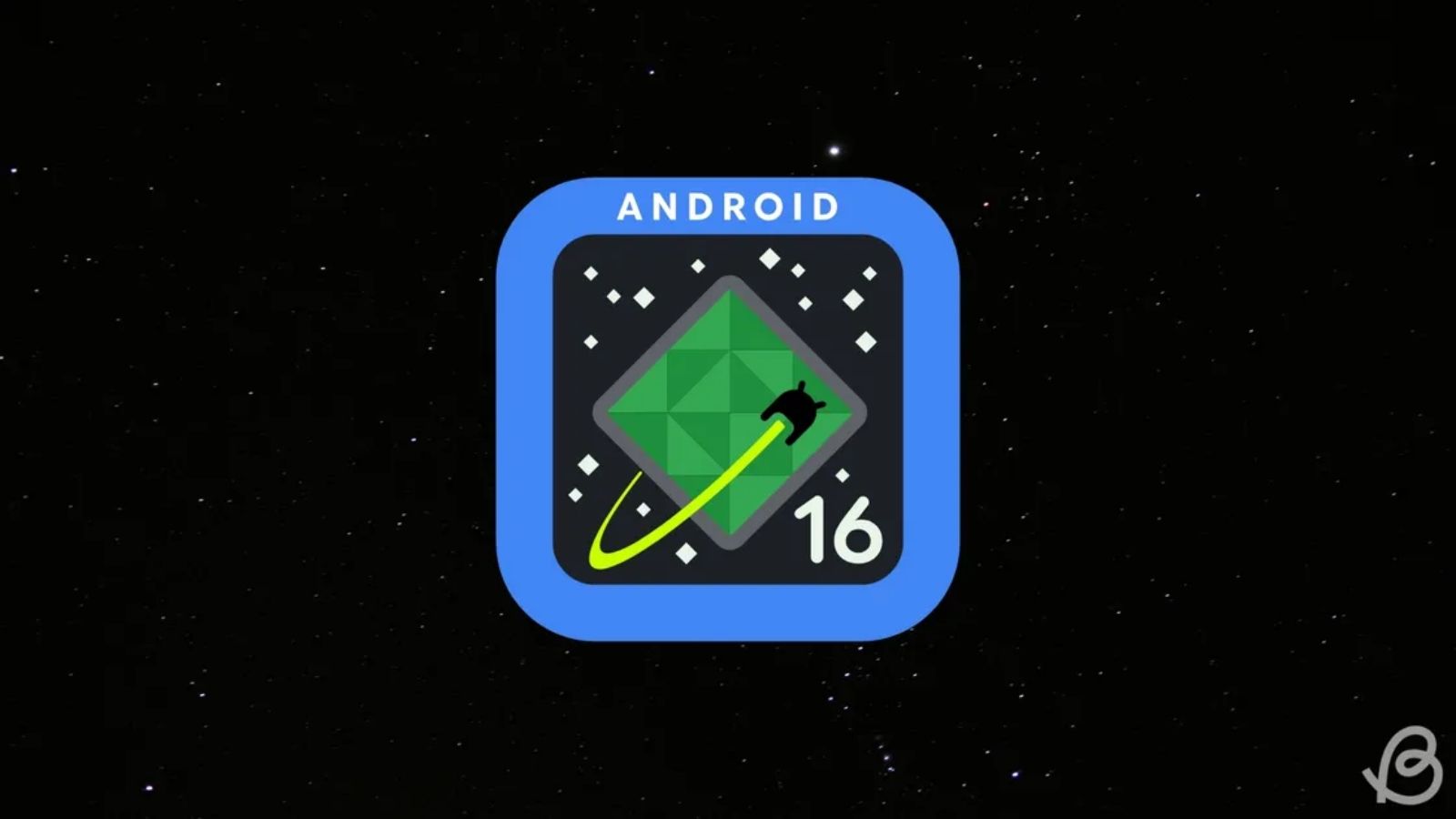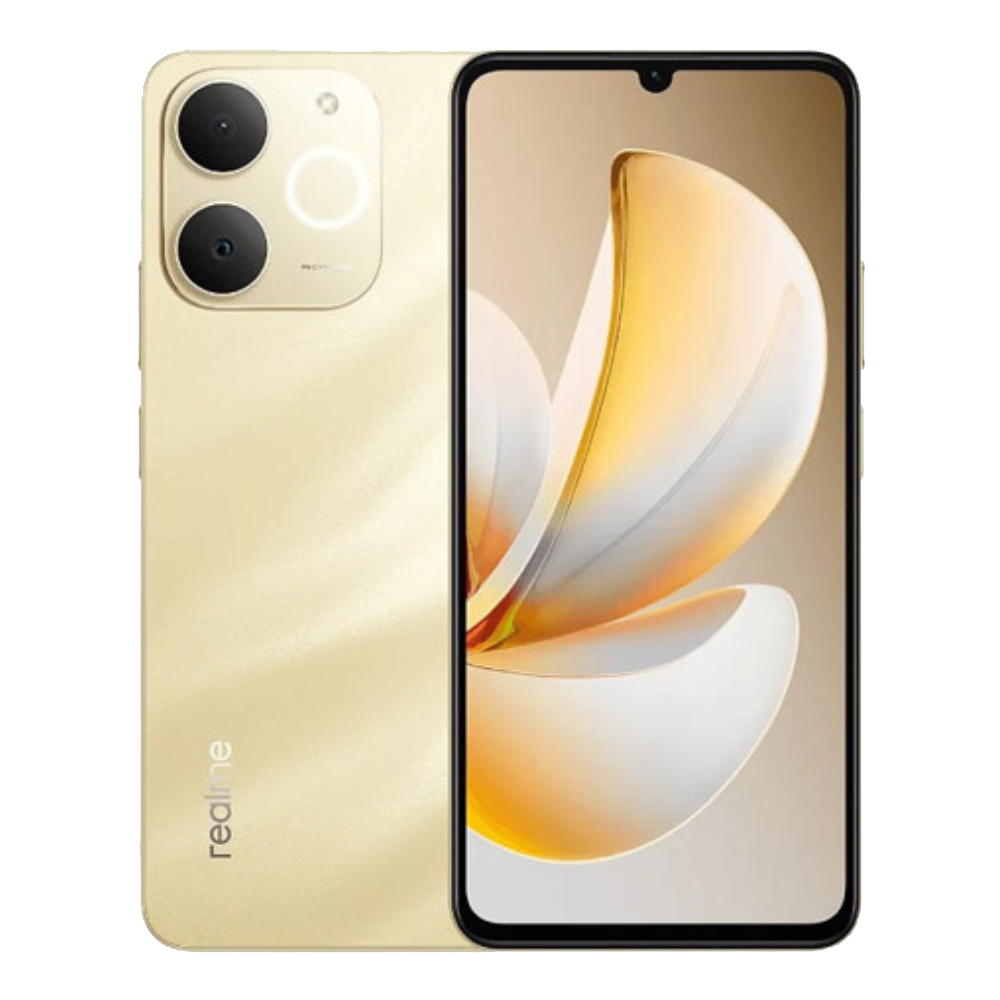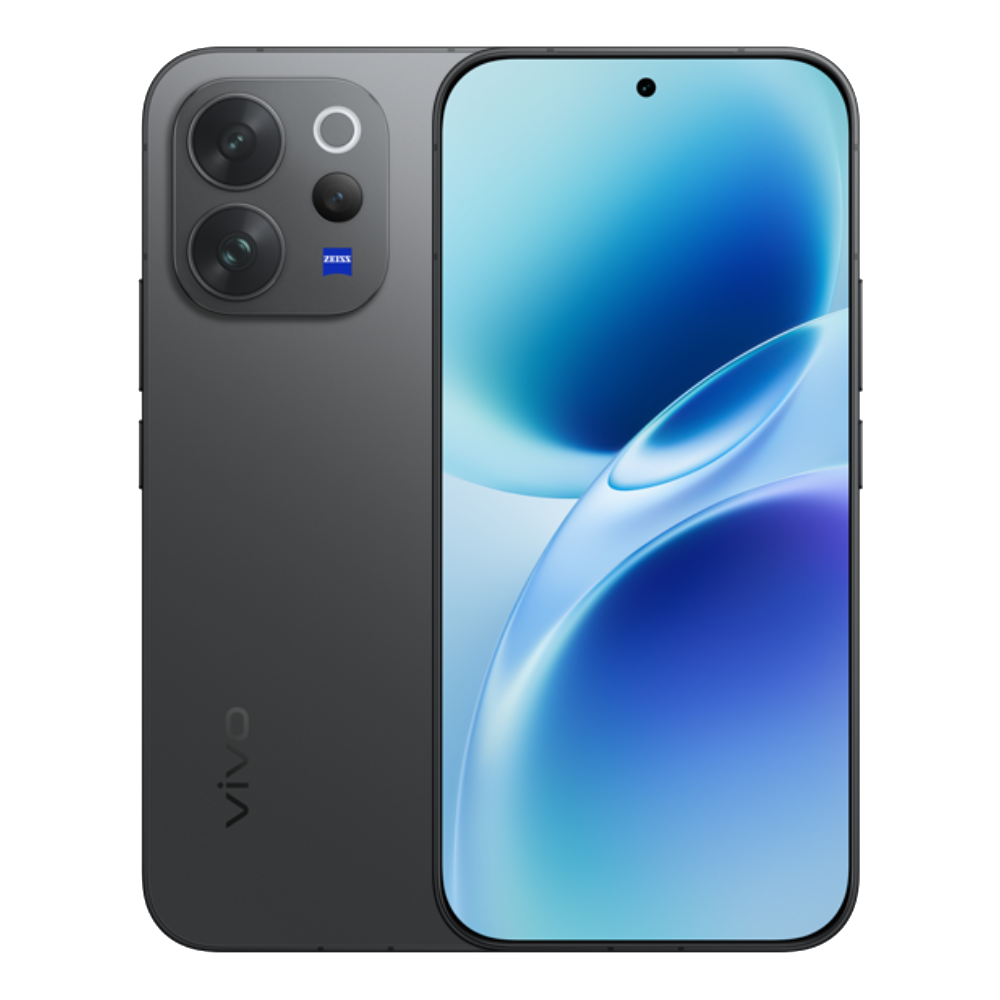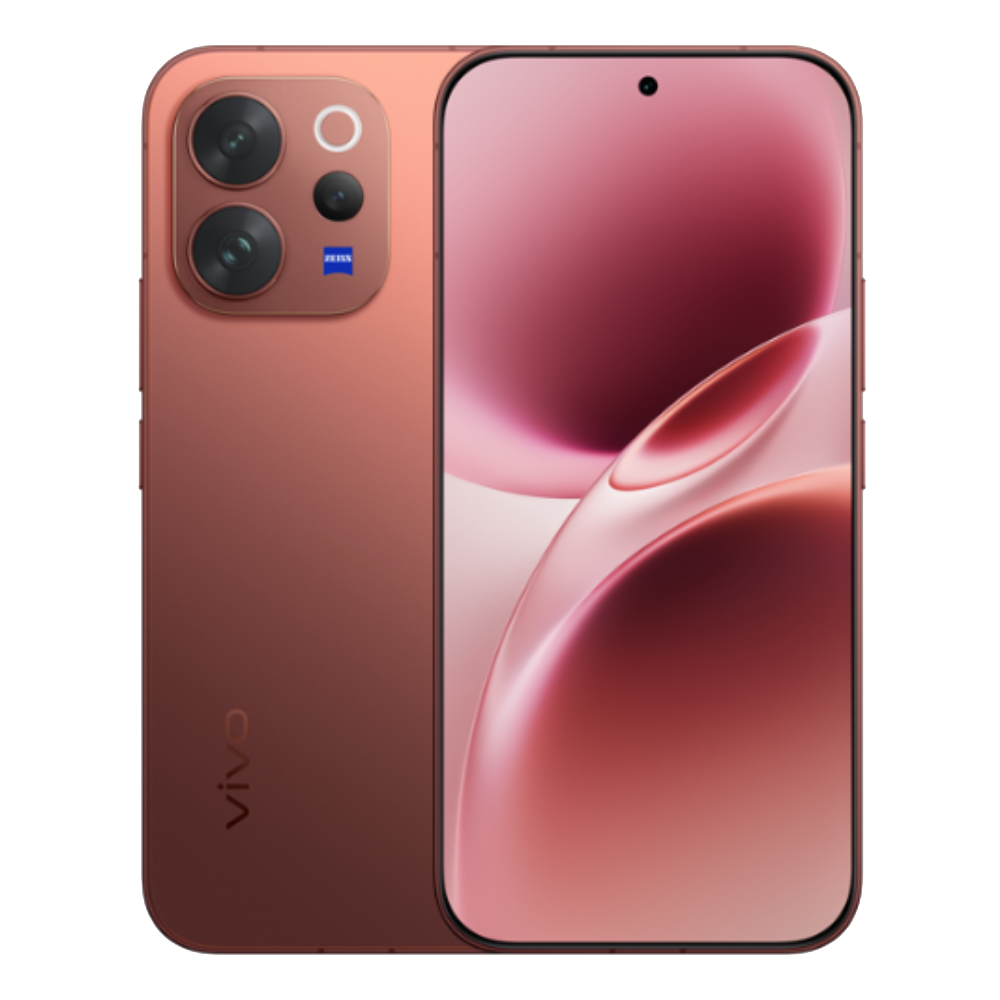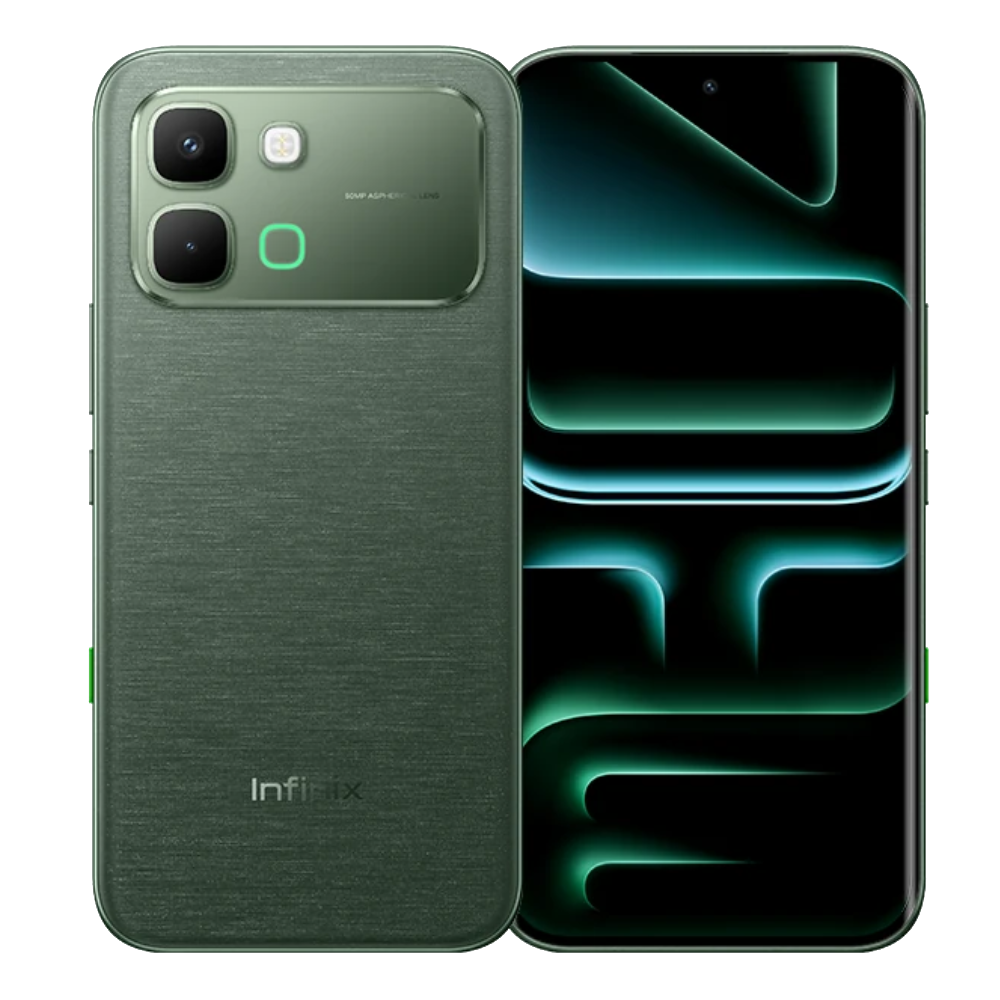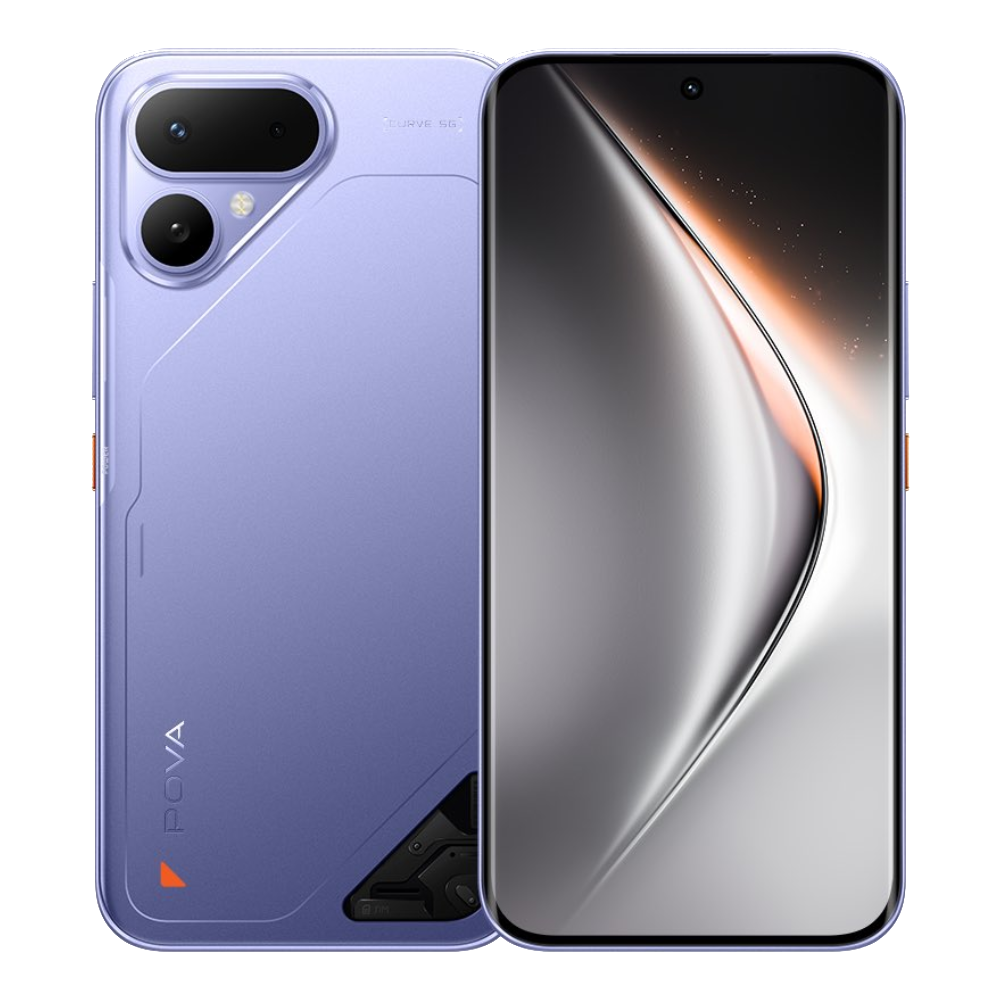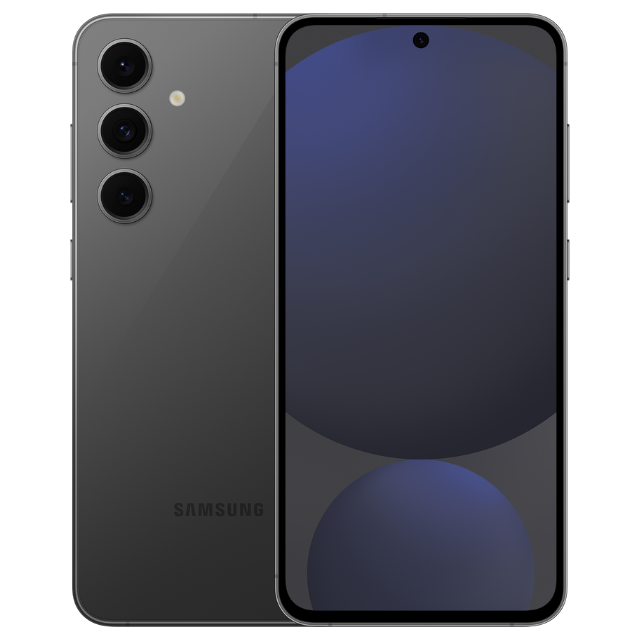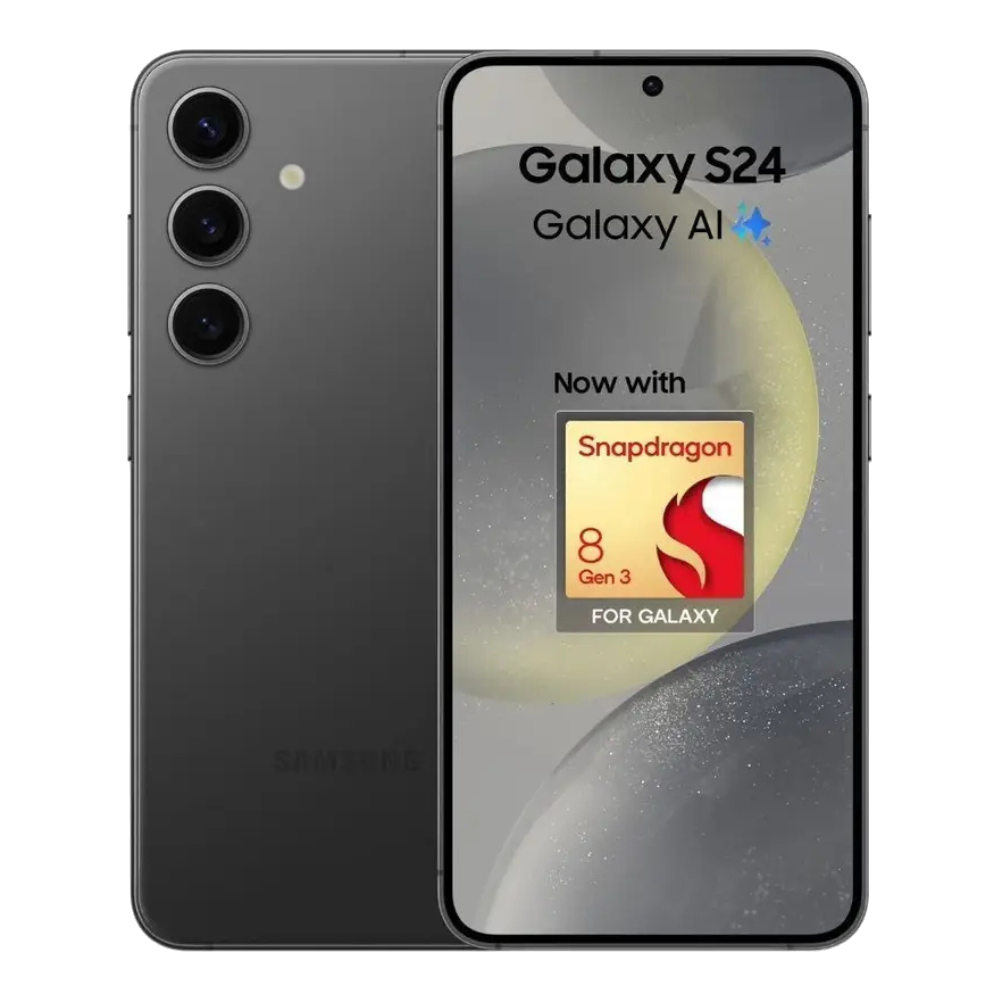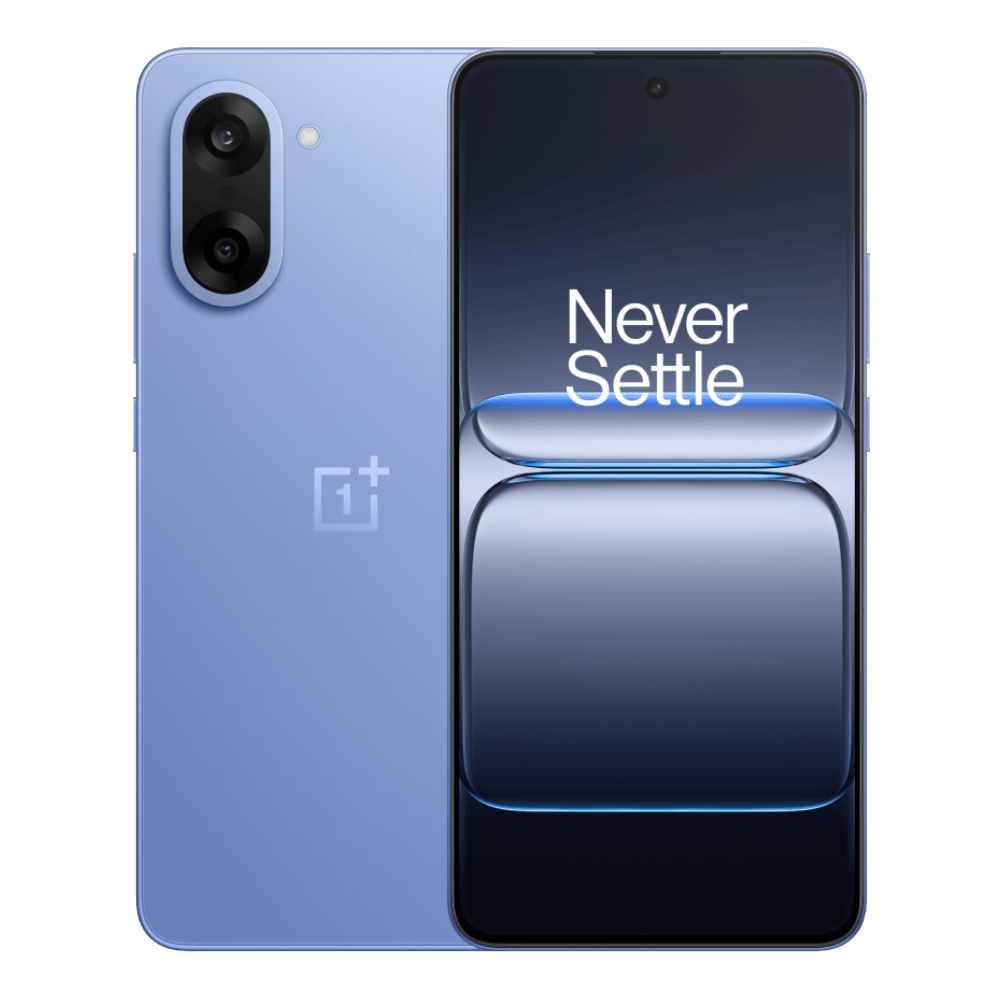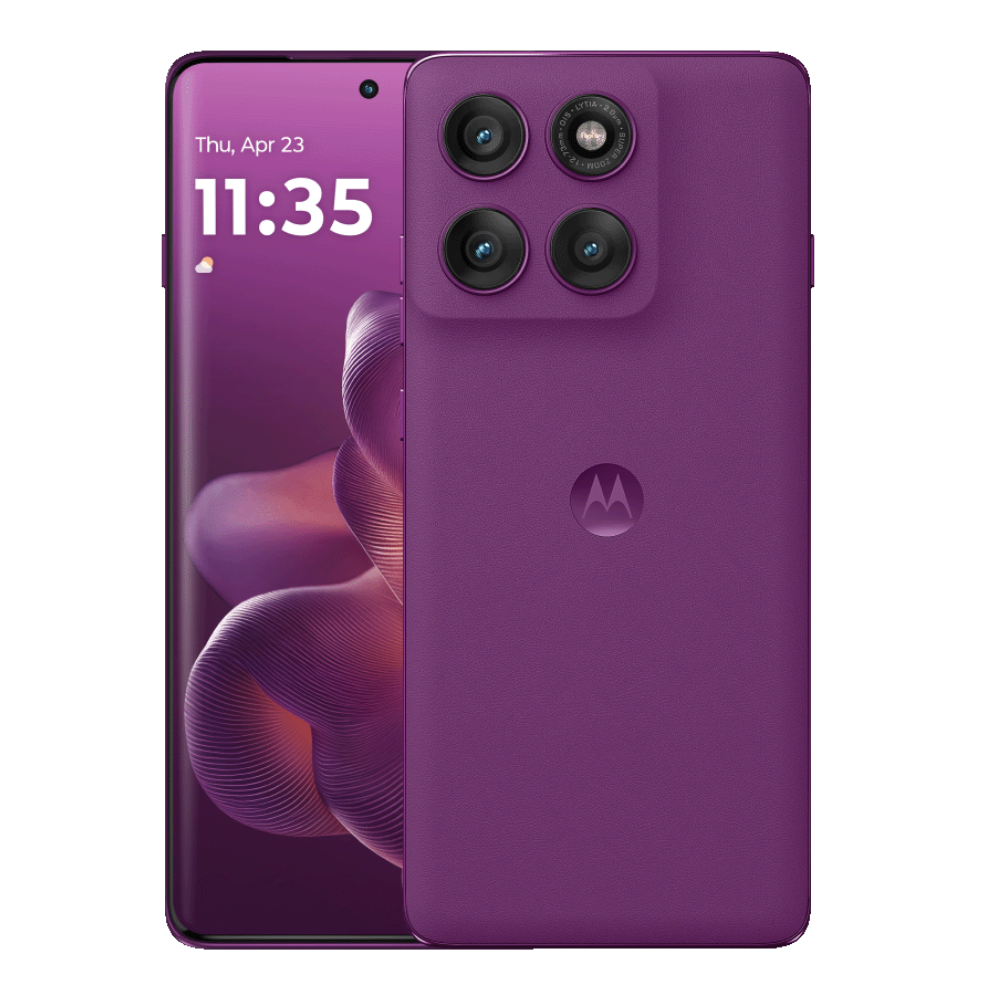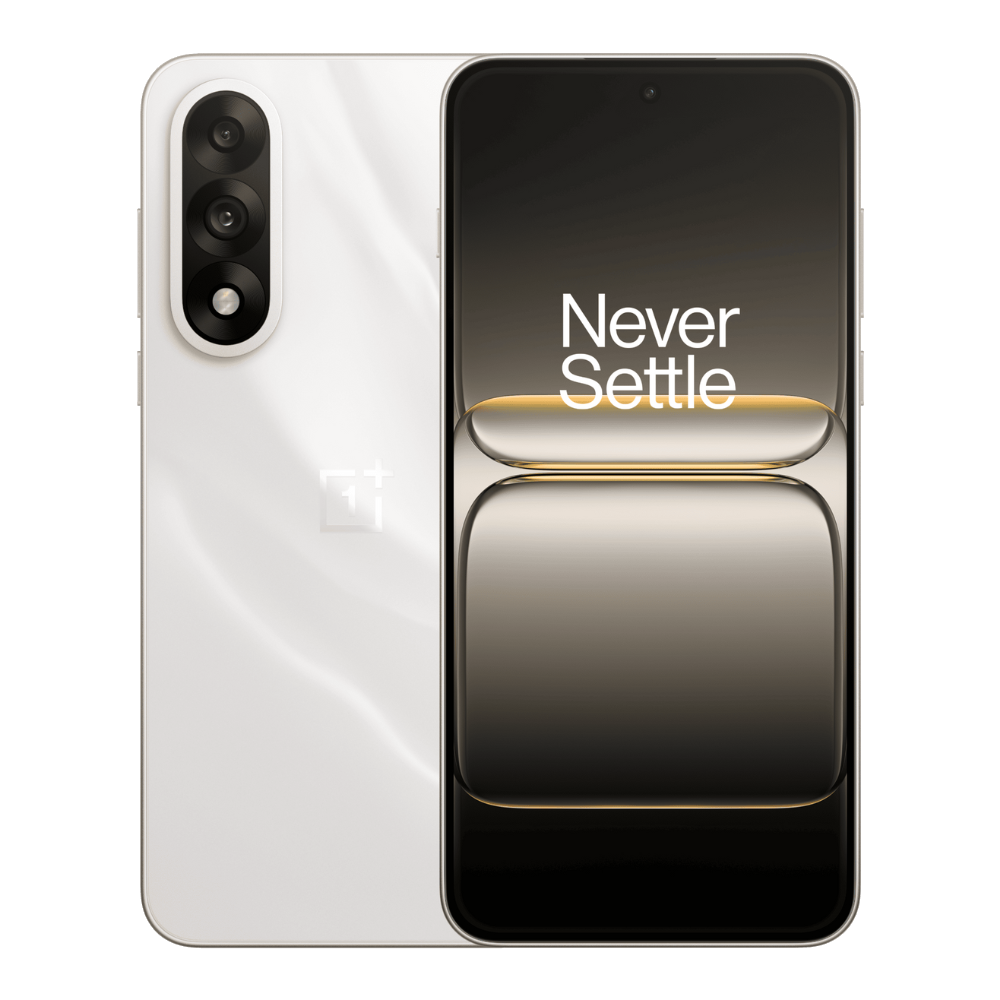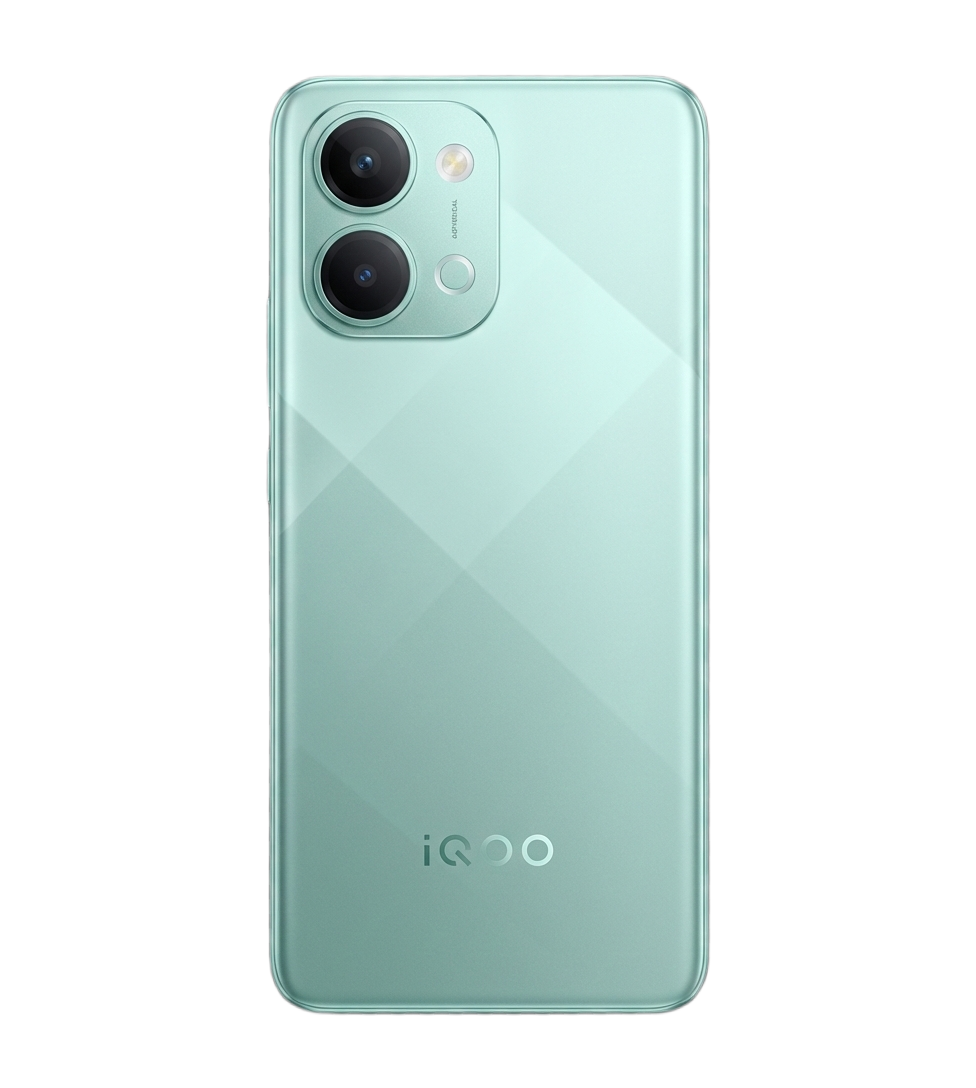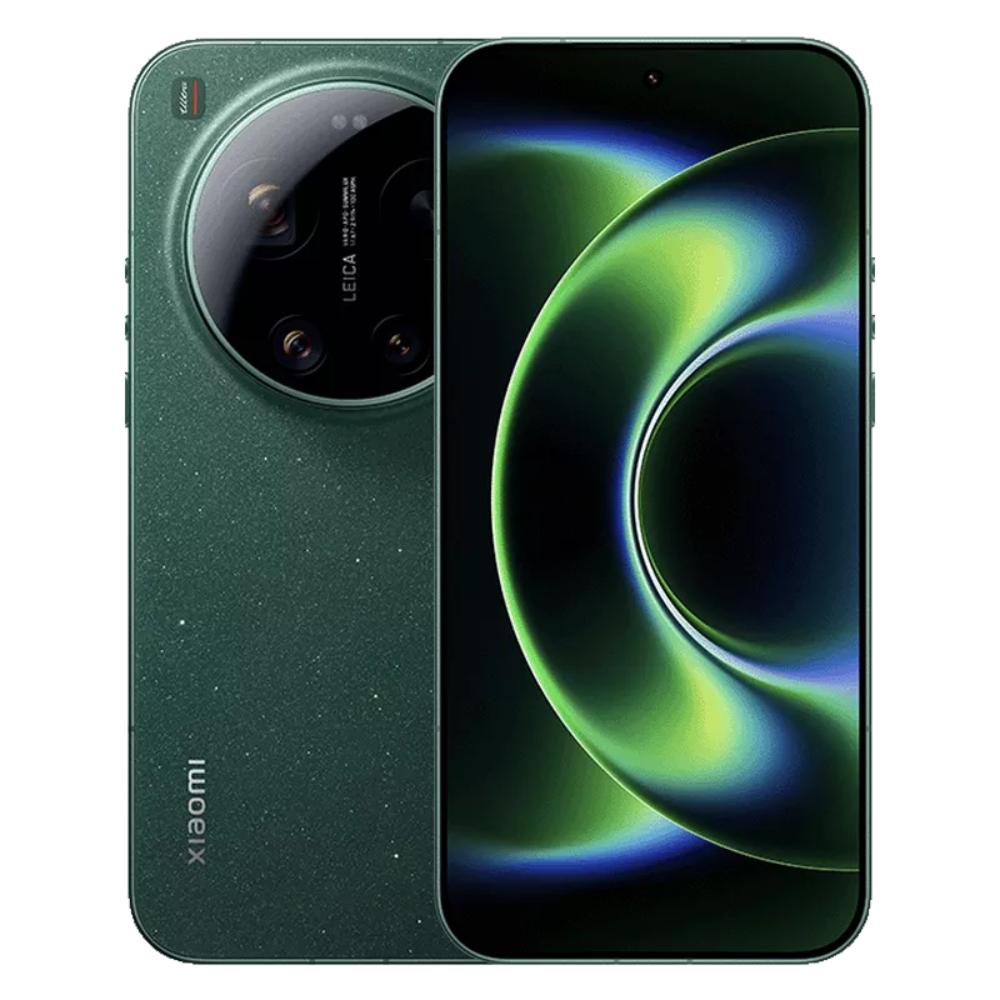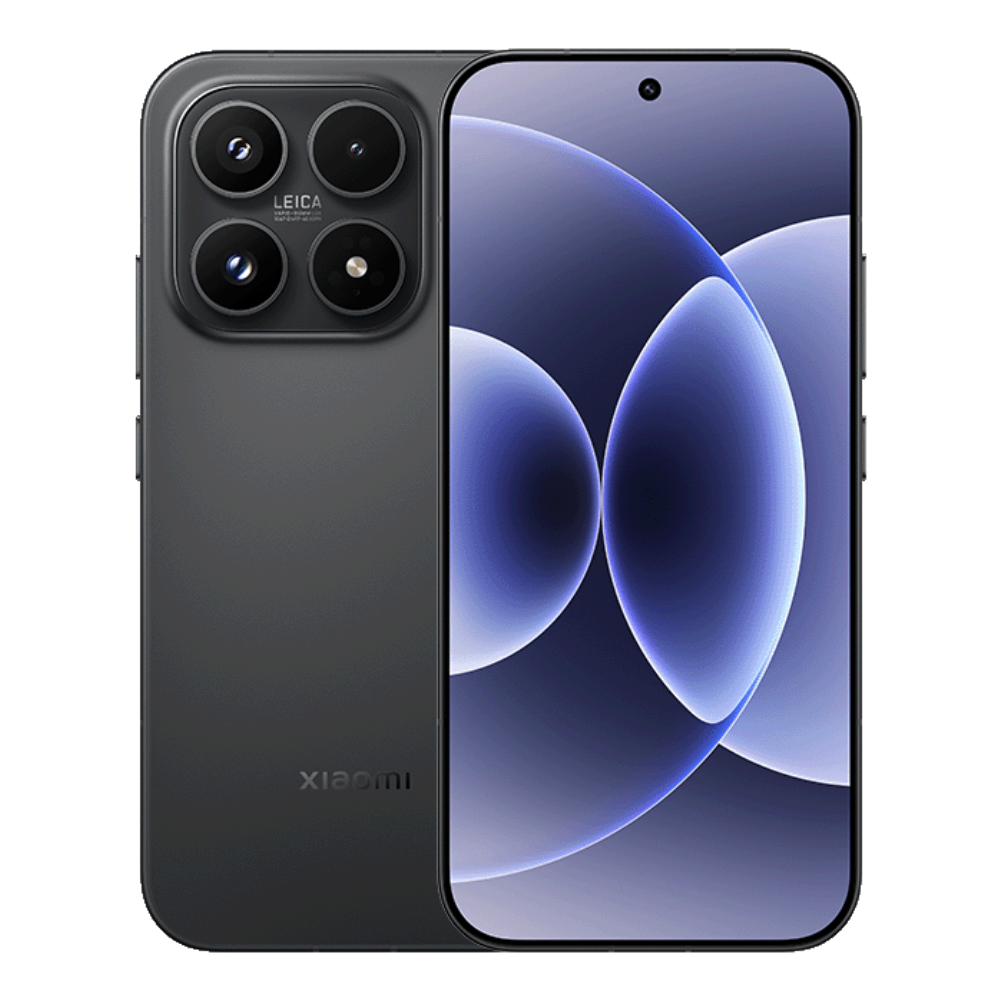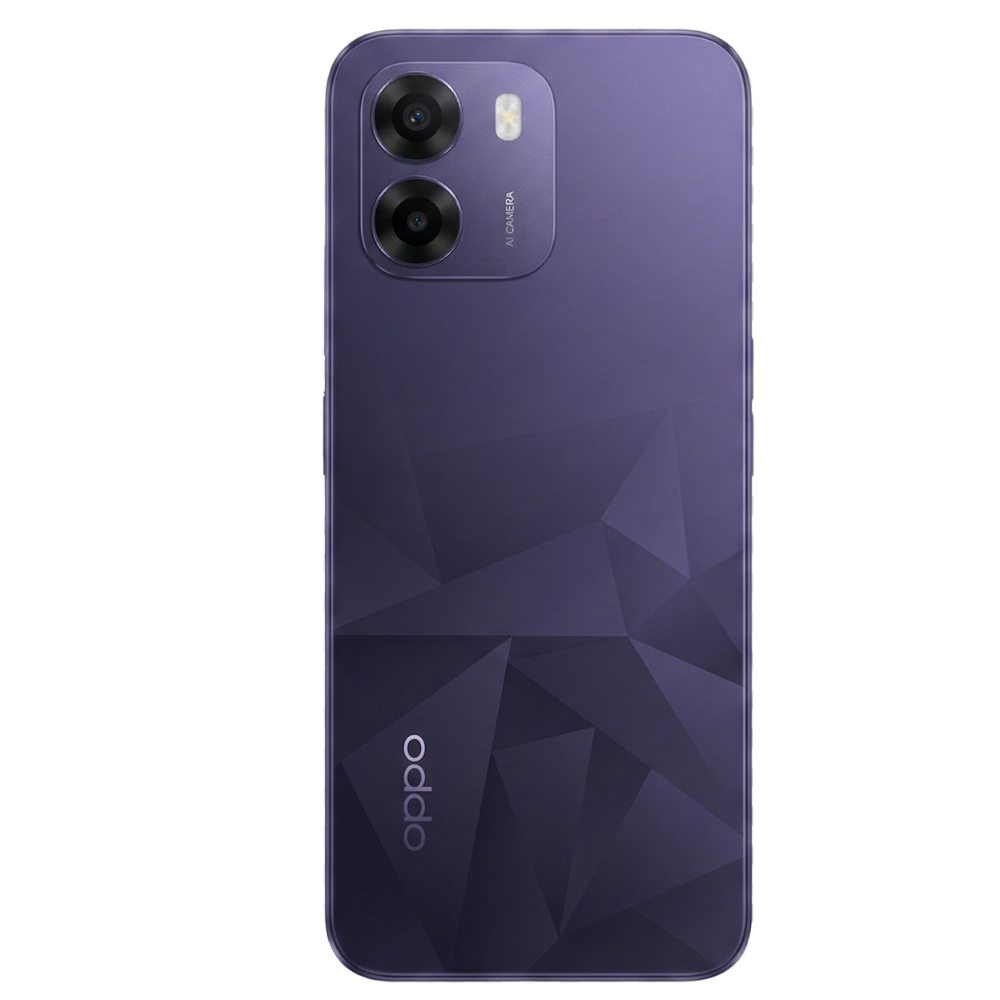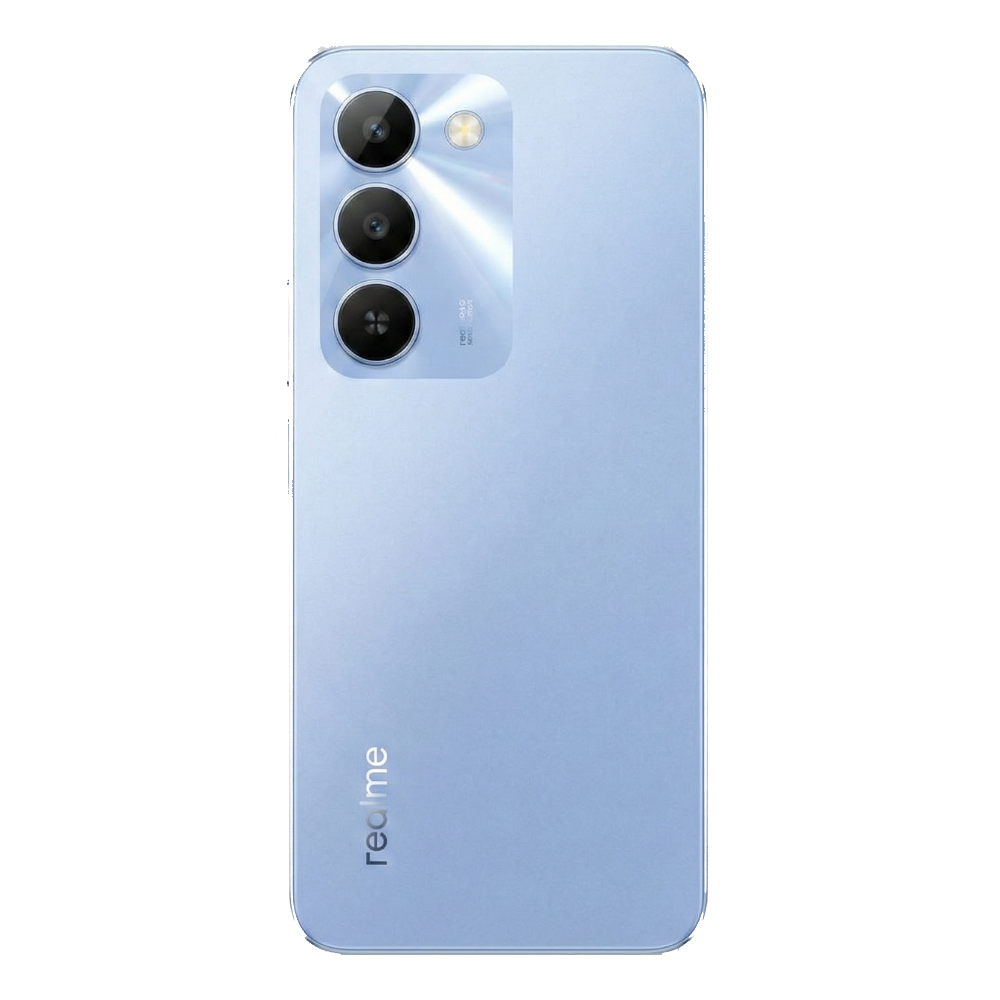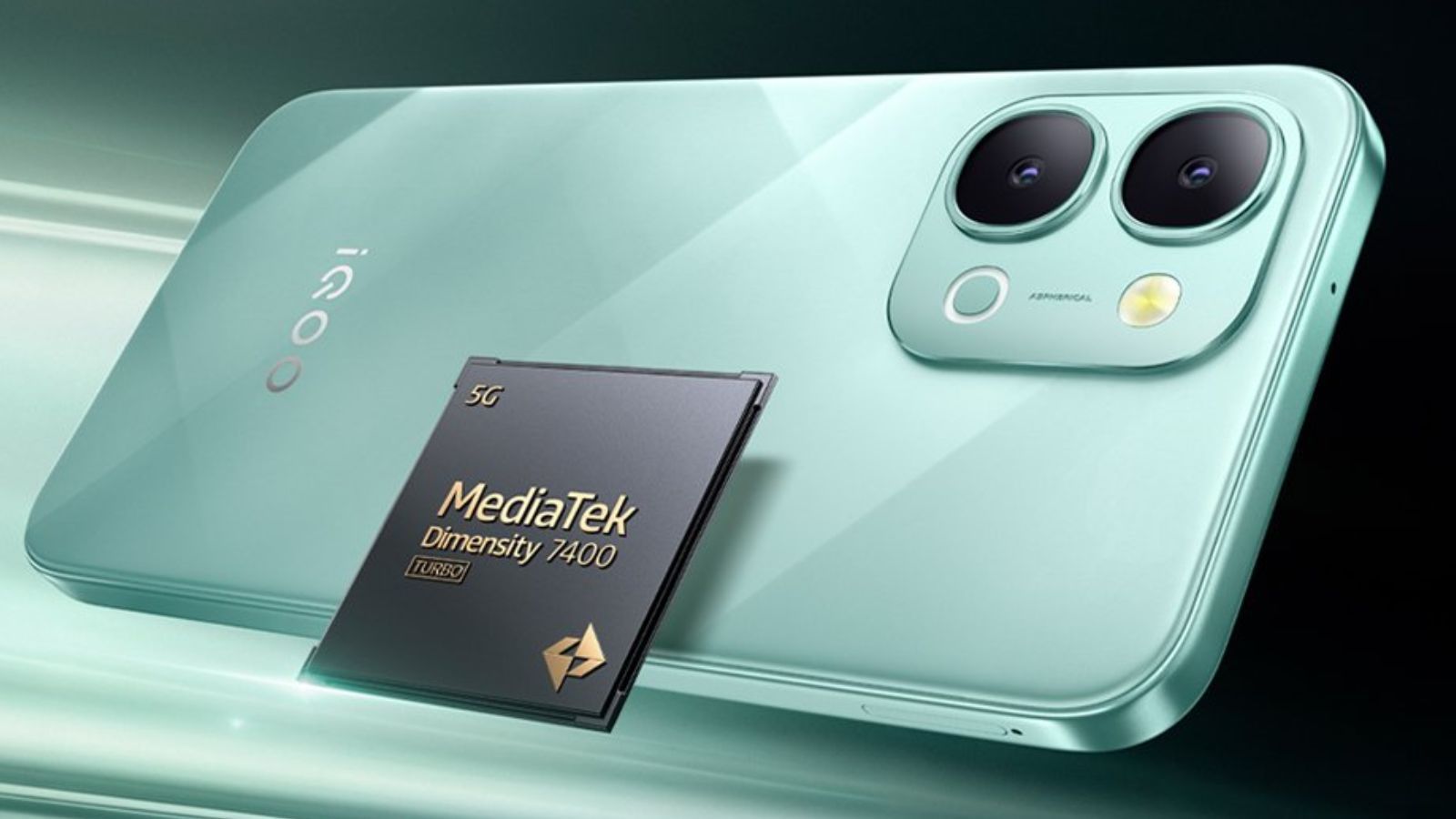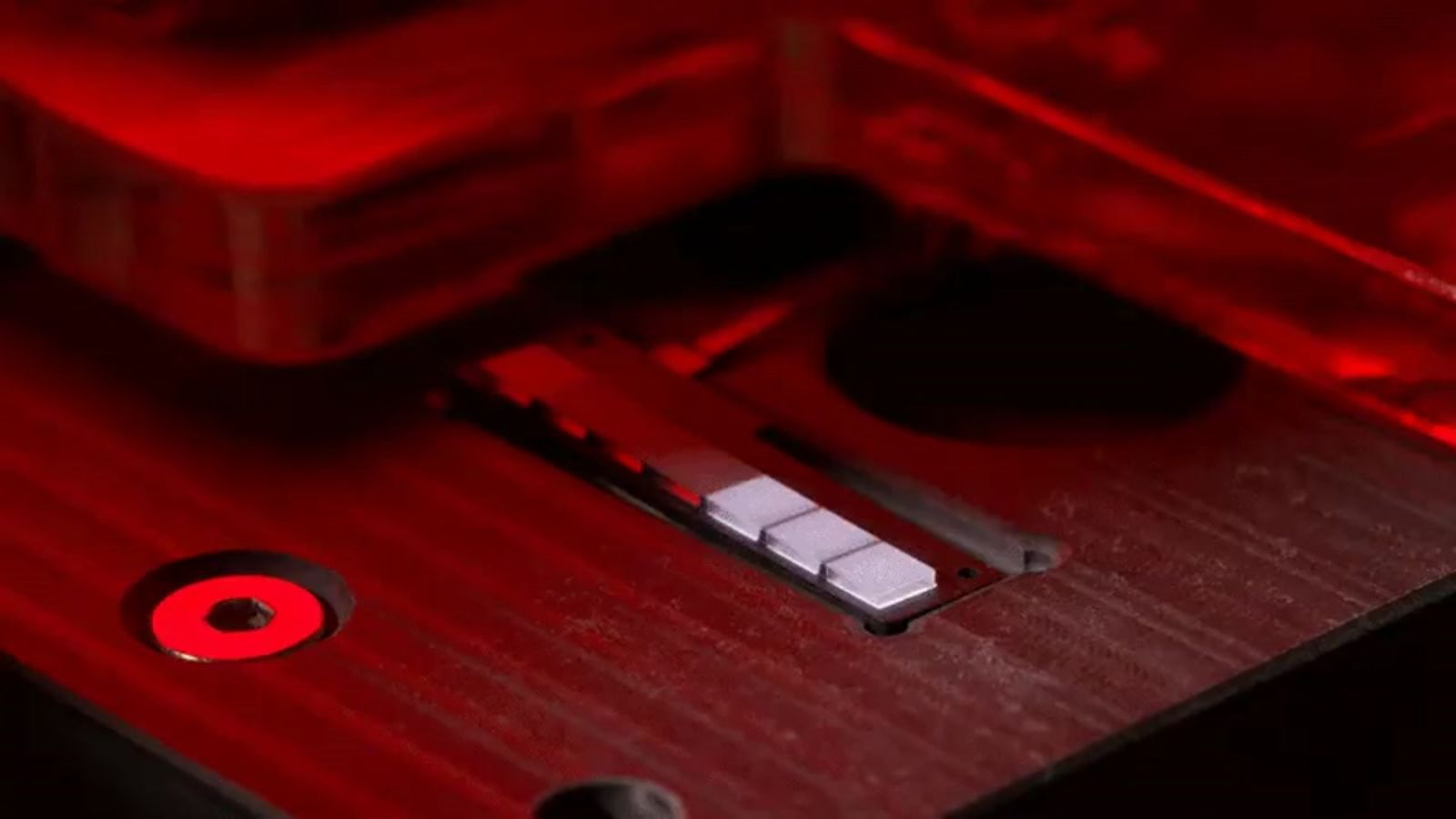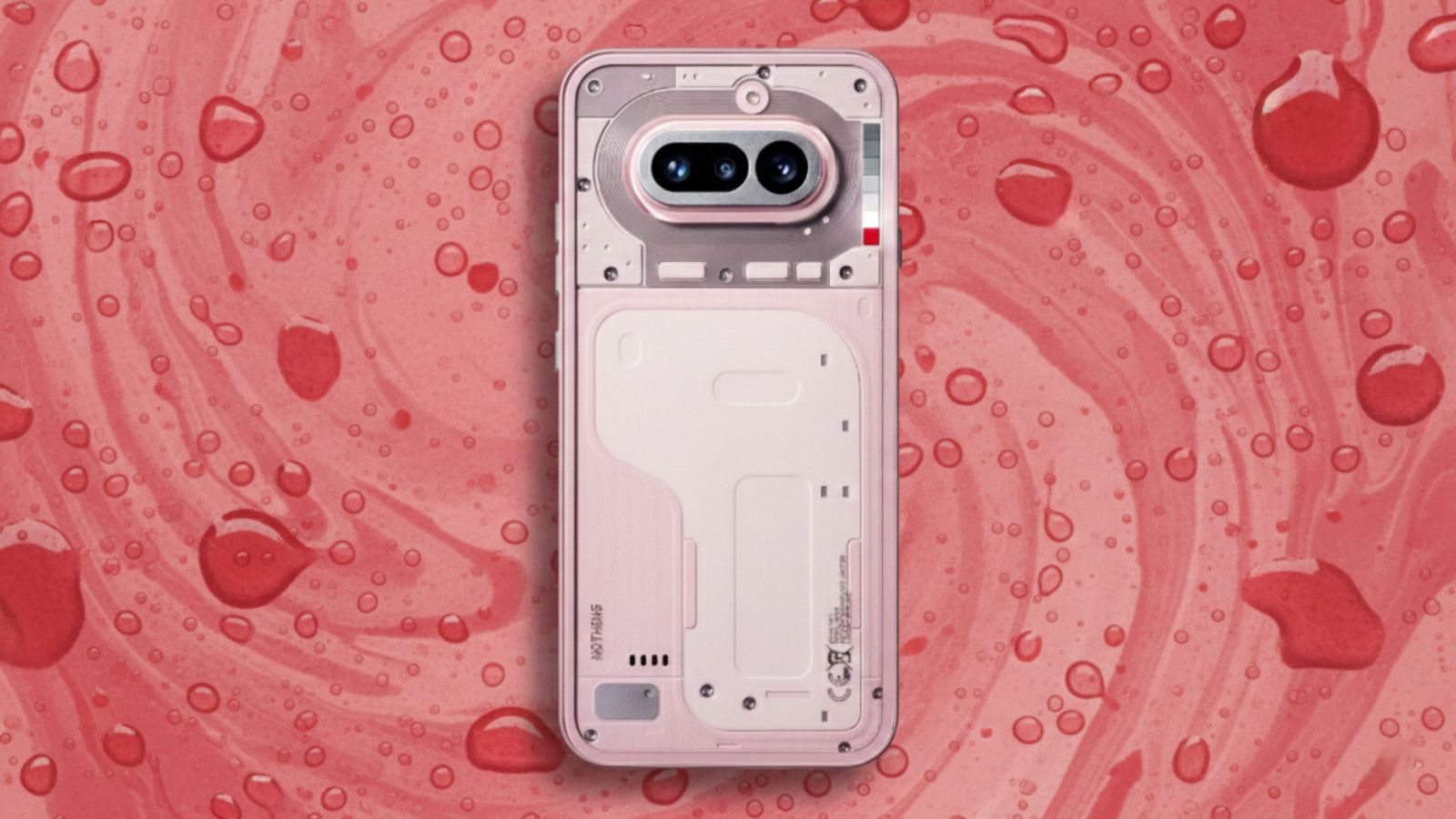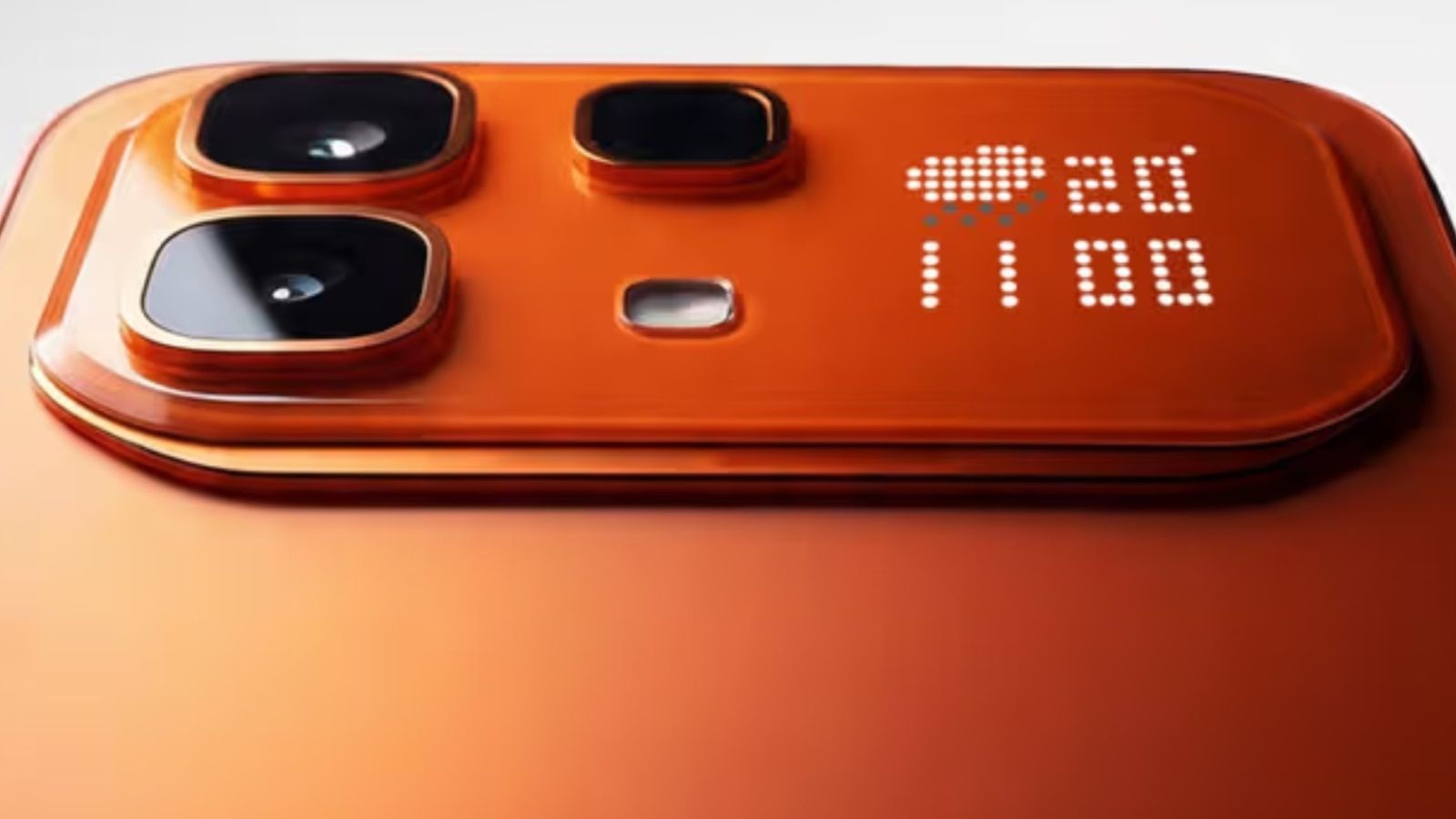Google launched the Pixel 10 lineup recently, featuring a design language similar to that of the Pixel 9 series. We may now have the answer to the unchanging Pixel designs, as the firm has dropped major details about them and what to expect from Pixels over the next three years.
In an interview with Bloomberg, Google executives shed light on the company's long-term hardware strategy for the Pixel lineup. Google's design chief, Ivy Ross, said major visual design changes will arrive on Pixels once every two to three years. She also noted that the firm has finalised Pixel 11 designs for 2026 and is working on the 2027 Pixel 12 lineup.
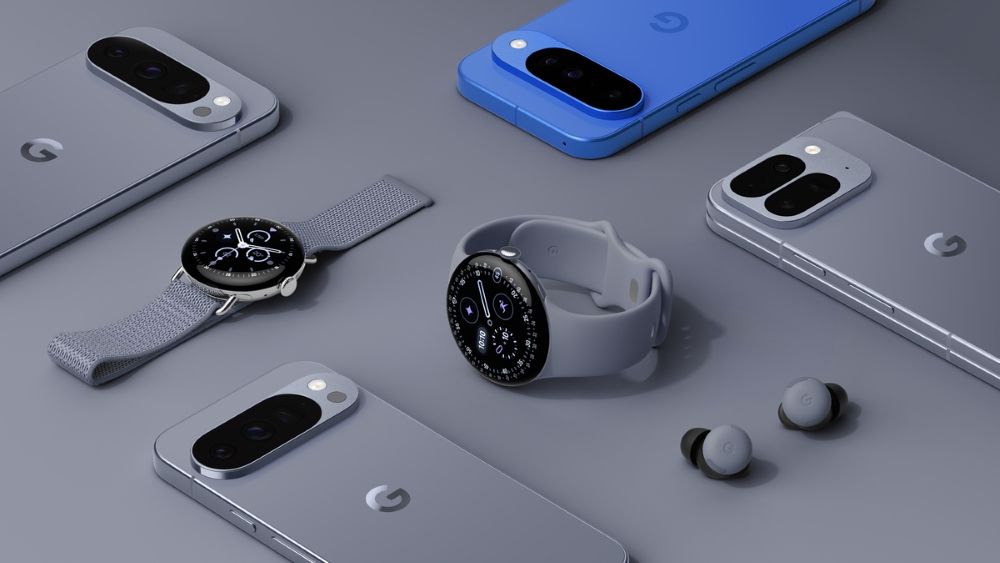
At the same time, Google's hardware boss Rick Osterloh described the new Pixel 10 series as a "super strong release" and a "mature category." He emphasised that the Pixel brand has always been about software, claiming Google holds a "definitive lead" in AI. He also believes that "the revolution is going to end up being in the interface".
It is up to us to make it count in mobile over the next couple years where I think it’s pretty clear we have a definitive lead. If you’re using Android, you’re going to be on the vanguard of where AI is going.
— Rick Osterloh, SVP, Devices and Services at Google
Therefore, Pixel's growth is more aligned with Google's broader AI push and not with becoming the largest smartphone vendor. Besides, the firm's Head of Hardware product management, Shakil Barkat, clarified a few things about Google's foldables and tablets.
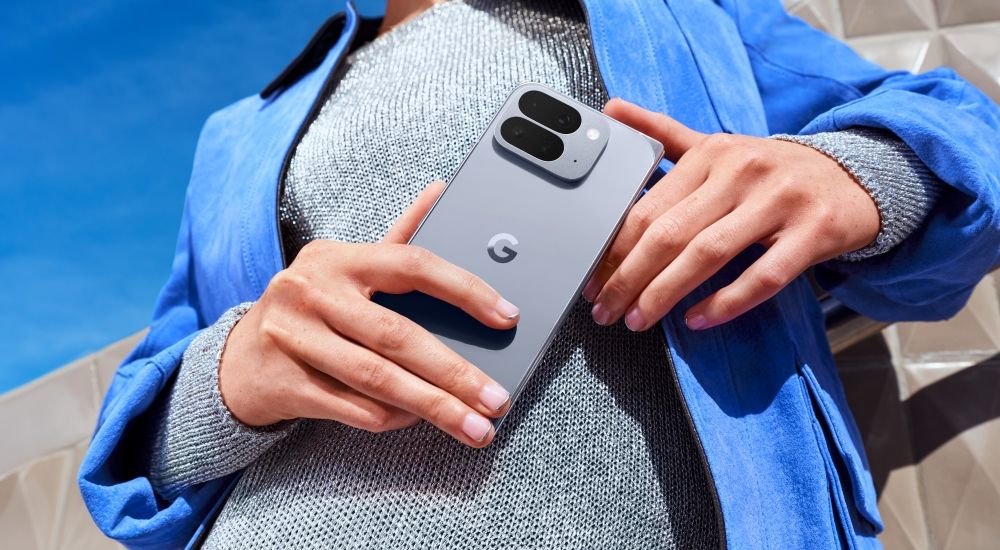
He said Google's working on fixing the crease issue on Fold, while confirming that there are no plans to release a Pixel Flip phone. On tablets, Google has paused development until it can identify a "meaningful future" for the category.
Every time a new type of category of product gets added, the bar on maintenance for the end user keeps going up. It's already pretty painful.
— Shakil Barkat, Head of Hardware at Google
Similarly, Google has decided to leave smart glasses to its peers at Samsung and doesn't plan on making them anytime soon. However, Rick Osterloh believes that this time the category could actually break through and be "really interesting and useful".
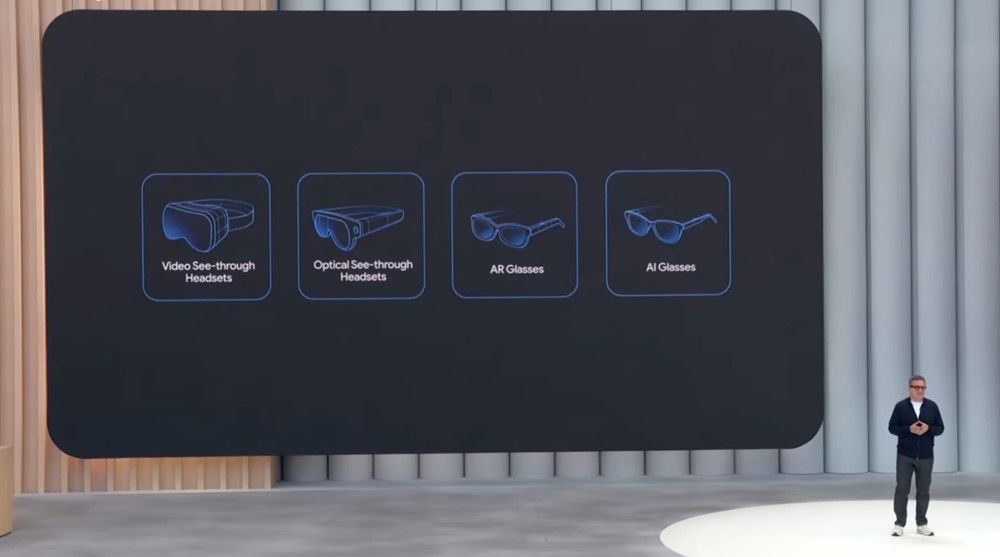
Google will focus on its Android XR platform, while Osterloh confirmed that a team is working on displays for glasses for a potential Google Glass release.
The comments in the interview followed a confident Pixel 10 launch event where Google highlighted its clear AI advantage while taking jabs at Apple. And while the hardware roadmap looks a bit conservative, the message is clear that AI will remain at the heart of Pixel's identity.


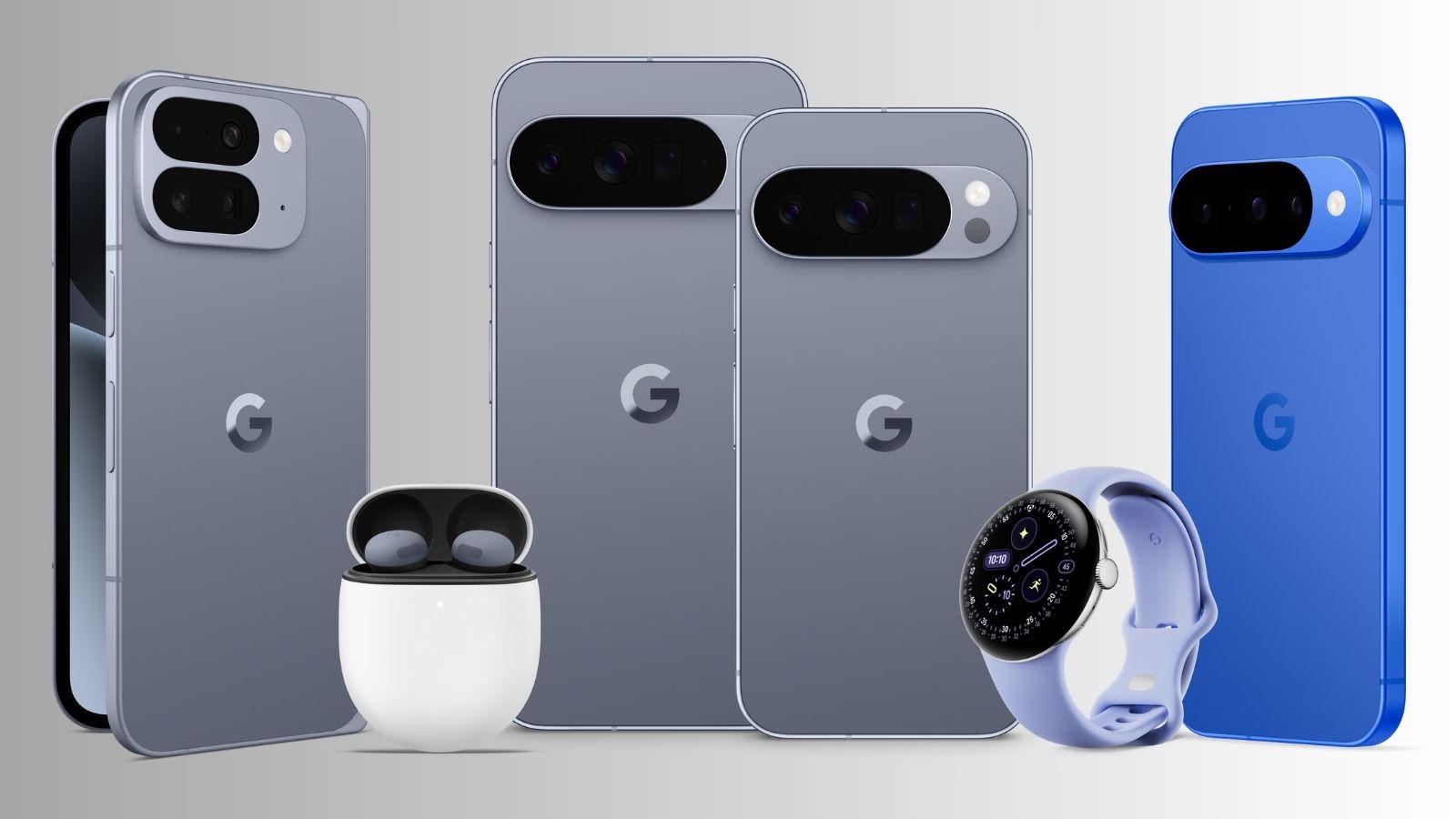
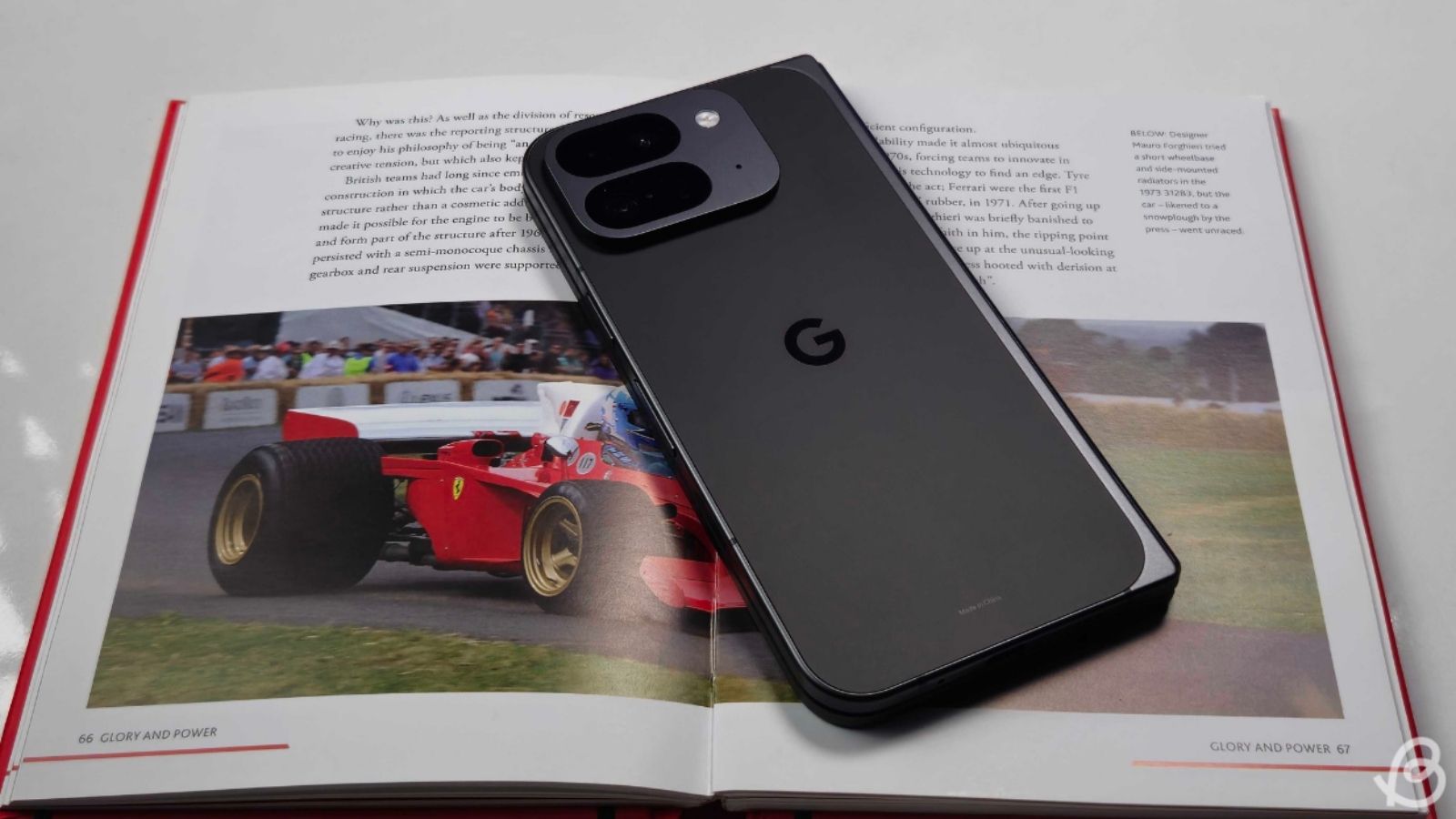
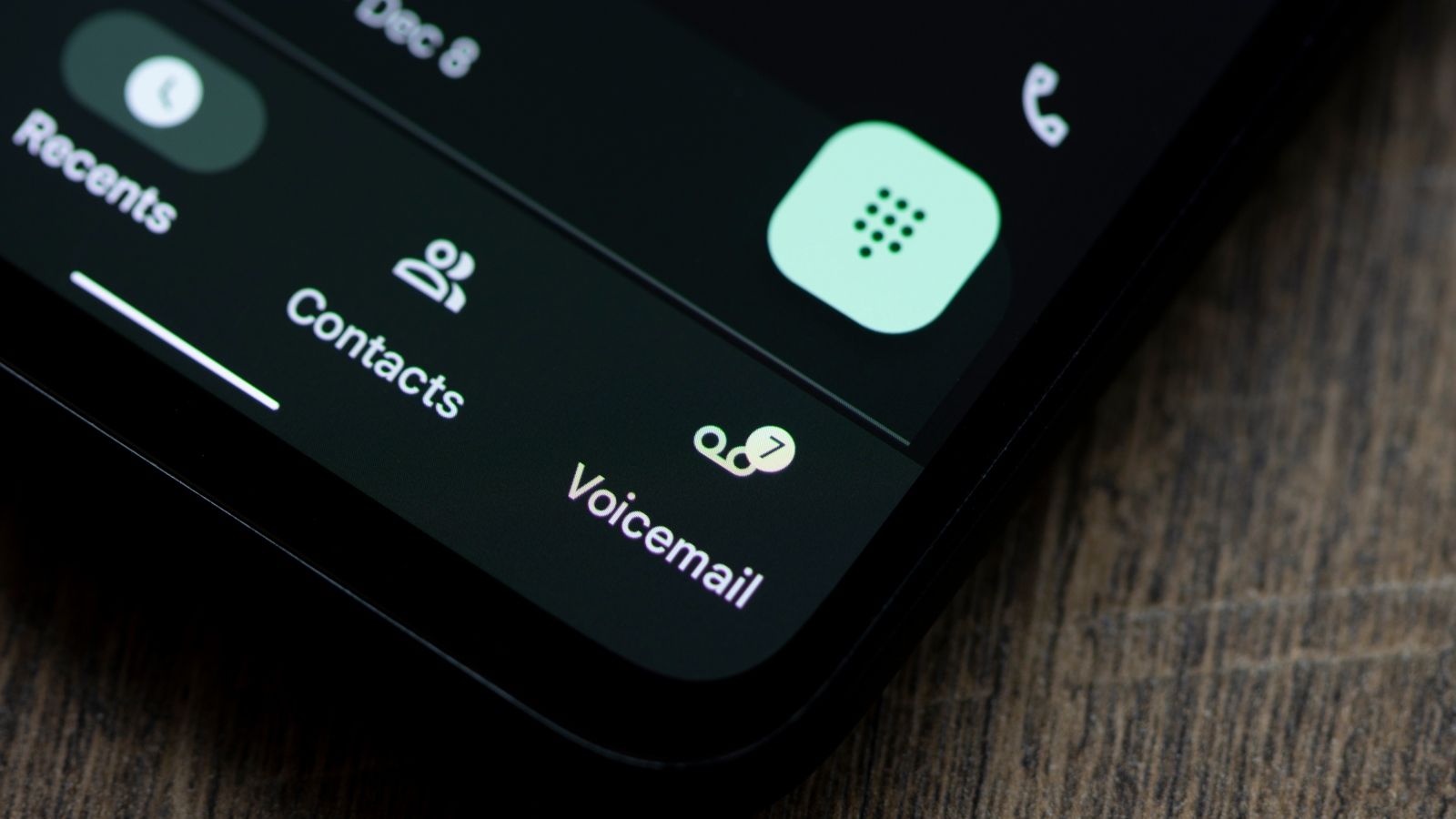
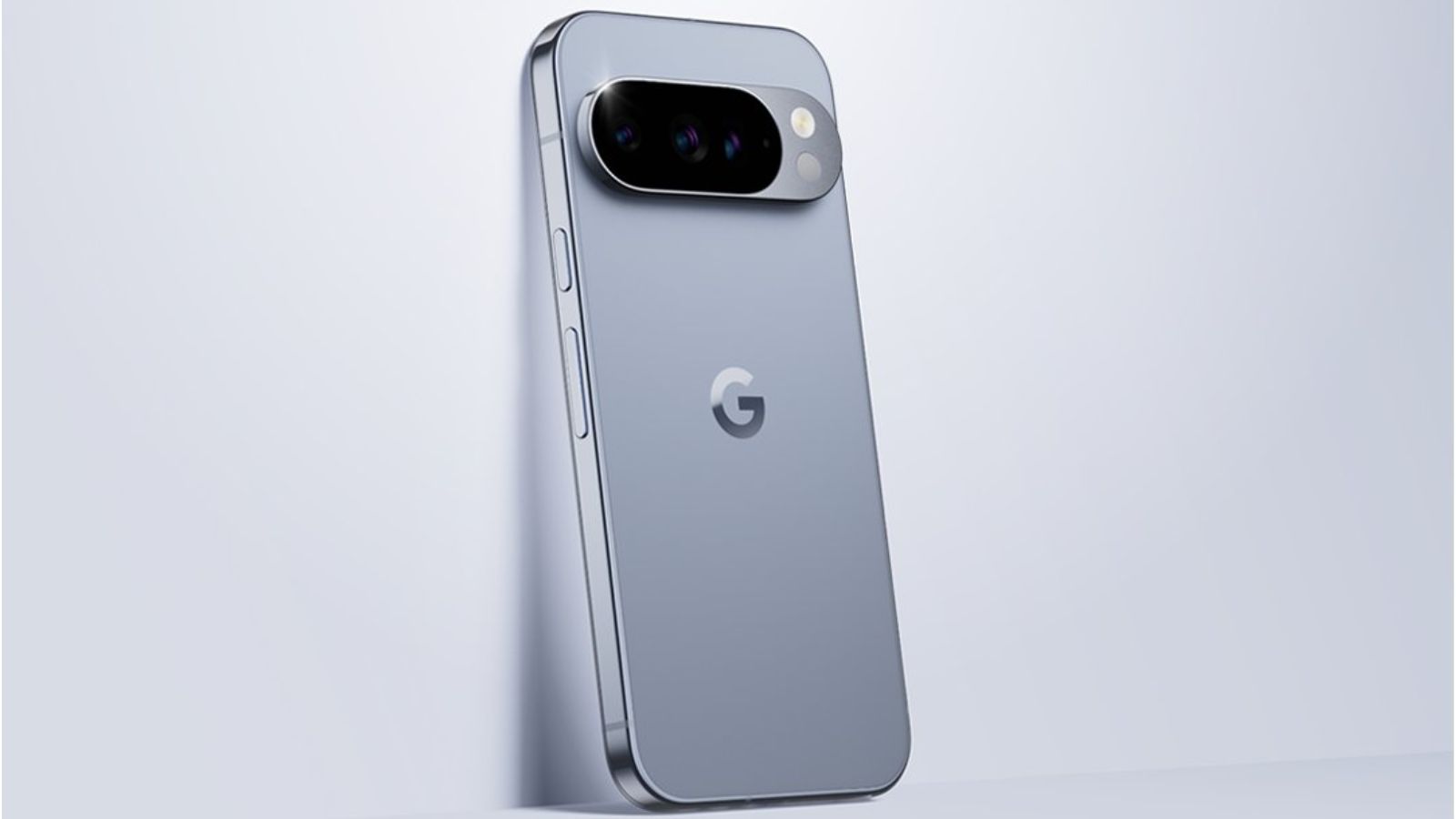
.jpg)
